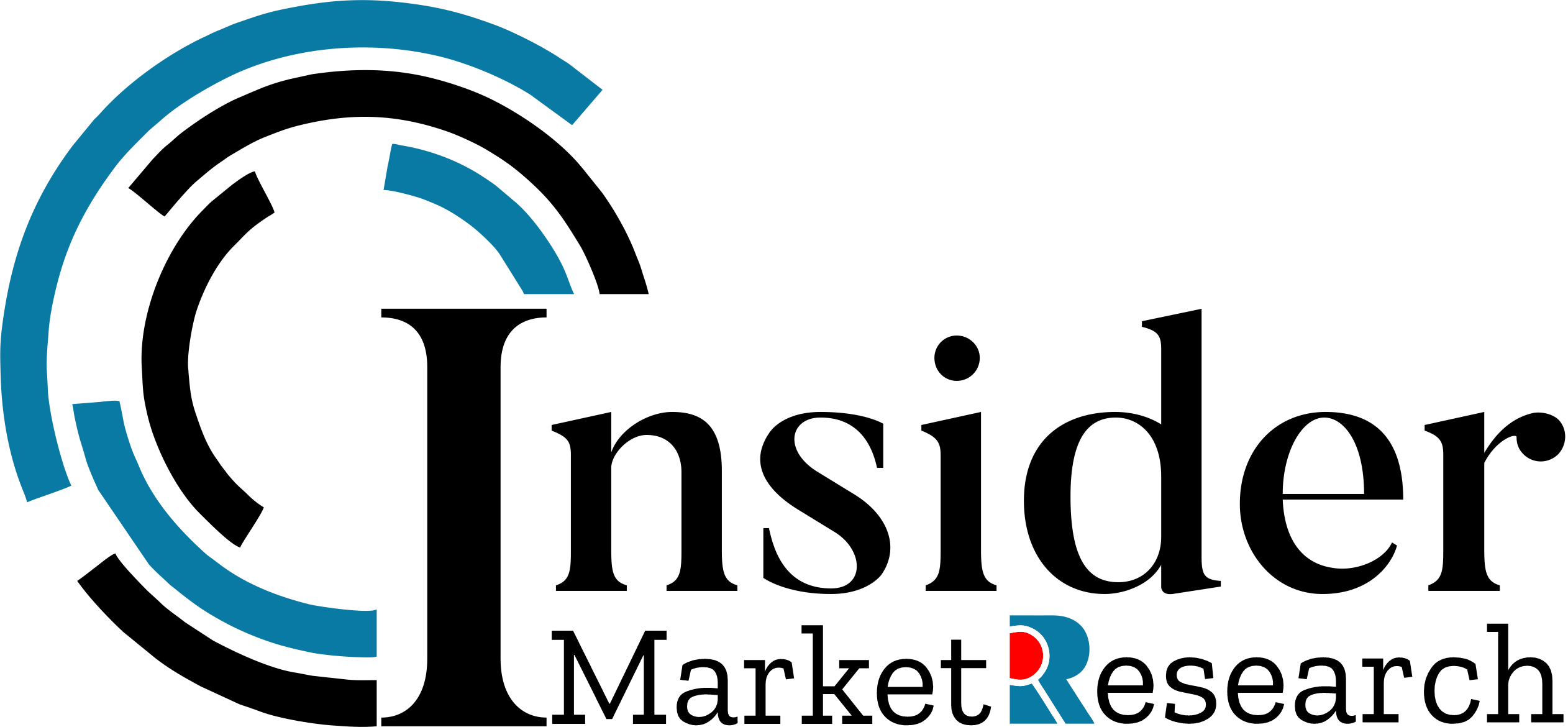Insider Market Research is thrilled to announce the publication of its latest report, titled ” Global Connected Healthcare Market Size, Share, and Growth & Trends Analysis.” This report offers an in-depth look at the rapidly evolving Global Connected Healthcare Market, exploring its size, share, and growth trends across various sectors and geographic regions from 2024 to 2031.
According to the report, the Global Connected Healthcare Market was valued at USD 84.21 billion in 2023 and is projected to soar to USD 95.2 billion by 2031, marking a staggering compound annual growth rate (CAGR) of 27.4% over the forecast period.
Scope of the Report:
| Report Coverage | Details |
| Market Revenue in 2023 | $ 84.21 billion |
| Estimated Value by 2029 | $ 95.2 billion |
| Growth Rate | Poised to grow at a CAGR of 27.4% |
| Market Size Available for | 2023–2031 |
| Forecast Period | 2024–2031 |
| Forecast Units | Value (USD Billion) |
| Report Coverage | Revenue Forecast, Competitive Landscape, Growth Factors, and Trends |
| Segments Covered | By Type, By Application, By Function |
| Geographies Covered | North America, Europe, Asia Pacific, and Rest of World |
| Key Market Challenge | High Costs of Implementation |
| Key Market Opportunity | Integration with AI and Machine Learning |
| Key Market Driver | Increasing Prevalence of Chronic Diseases |
Connected Healthcare Market Dynamics:
Growth Drivers:
1. Increasing Prevalence of Chronic Diseases
The rising incidence of chronic diseases such as diabetes, cardiovascular diseases, and respiratory disorders is significantly driving the connected healthcare market. Chronic diseases require continuous monitoring and management, which connected healthcare solutions can provide effectively. Remote monitoring devices, mobile health applications, and telehealth services enable patients to manage their conditions from home, reducing the need for frequent hospital visits. This not only improves patient convenience and quality of life but also alleviates the burden on healthcare facilities, leading to cost savings and improved resource allocation, thereby propelling market growth.
Restraining Factor:
1. High Costs of Implementation
The high initial costs associated with implementing connected healthcare solutions can act as a significant barrier to market growth. Investments in advanced technologies, infrastructure, and training for healthcare professionals can be substantial. Small and medium-sized healthcare providers, particularly in developing regions, may find it challenging to afford these expenses. Additionally, the maintenance and updating of connected healthcare systems require ongoing financial resources. These high costs can limit the adoption of connected healthcare solutions, especially in regions with limited healthcare budgets, thereby restraining market growth.
Opportunity Factors:
1. Integration with AI and Machine Learning
The integration of artificial intelligence (AI) and machine learning (ML) with connected healthcare solutions offers significant growth opportunities. AI and ML can enhance the capabilities of connected healthcare devices and platforms by enabling predictive analytics, personalized treatment plans, and early disease detection. For example, AI algorithms can analyze large volumes of health data to identify patterns and predict potential health issues before they become critical. This proactive approach can lead to improved patient outcomes and reduced healthcare costs. Companies that invest in AI and ML technologies can differentiate themselves in the market and capitalize on this growing trend.
Connected Healthcare Market Key Player:
- Agamatrix
- Allscripts
- Apple
- Accenture
- AliveCor
- Boston Scientific Corporation
- Cerner
- Honeywell Life Care Solutions
- IBM Corporation
- Persistent Systems
- Sanofi
- Vivify Health
- SAP
- Oracle
- GE Healthcare
- Microsoft Corporation
- Medtronic
- Koninklijke Philips N.V.
- Qualcomm




![[Source-accesswire.com]](https://insidermarketresearch.com/wp-content/uploads/2024/10/1-ESD-Protection-Devices-Source-accesswire.com_.jpg)



![[Source-frost.com]](https://insidermarketresearch.com/wp-content/uploads/2024/10/9-Global-Aerostructures-Market-Press-Release-Source-frost.com_.jpg)
![[Source-blog.greencloudvps.com]](https://insidermarketresearch.com/wp-content/uploads/2024/10/8-Global-Data-Replication-Market-Source-blog.greencloudvps.com_.jpg)


![[Source-artfertilityclinics.com]](https://insidermarketresearch.com/wp-content/uploads/2024/10/4-Global-Addiction-Treatment-Market-Press-Release-Source-artfertilityclinics.com_.jpg)